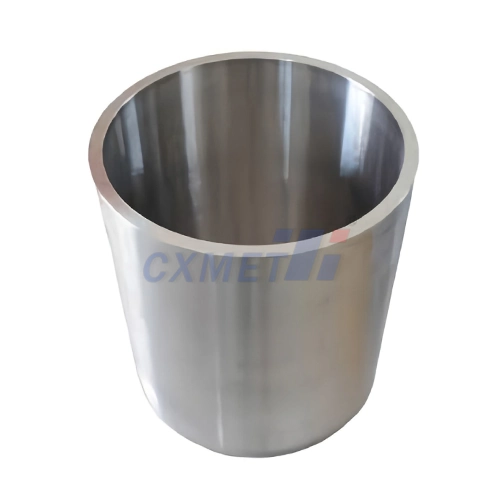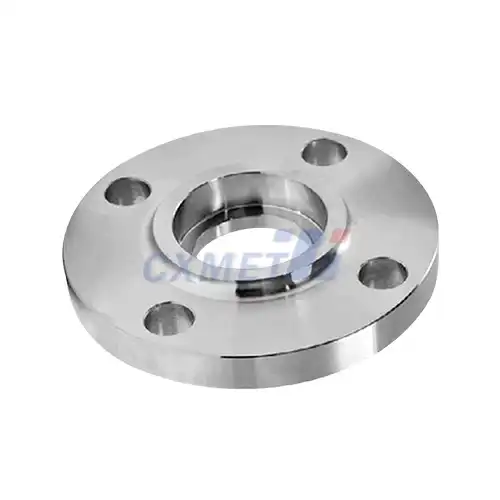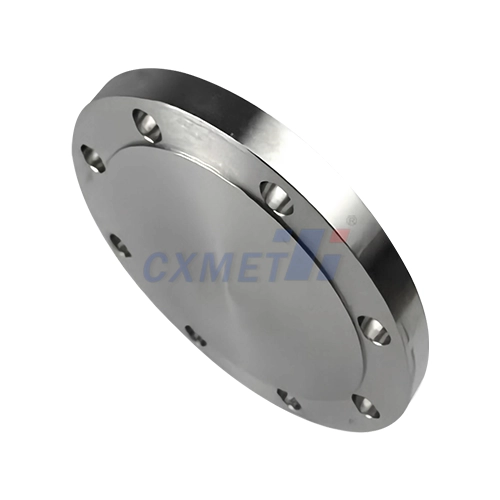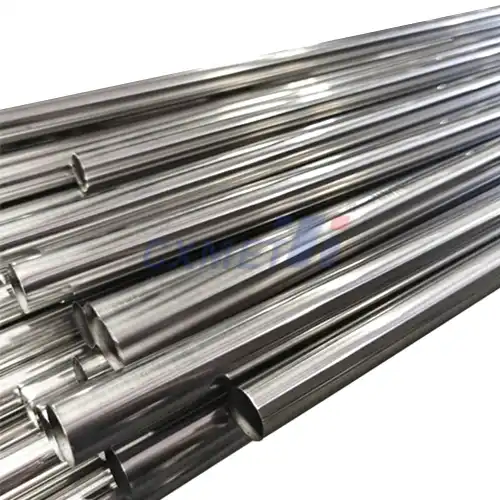- English
- French
- German
- Portuguese
- Spanish
- Russian
- Japanese
- Korean
- Arabic
- Greek
- German
- Turkish
- Italian
- Danish
- Romanian
- Indonesian
- Czech
- Afrikaans
- Swedish
- Polish
- Basque
- Catalan
- Esperanto
- Hindi
- Lao
- Albanian
- Amharic
- Armenian
- Azerbaijani
- Belarusian
- Bengali
- Bosnian
- Bulgarian
- Cebuano
- Chichewa
- Corsican
- Croatian
- Dutch
- Estonian
- Filipino
- Finnish
- Frisian
- Galician
- Georgian
- Gujarati
- Haitian
- Hausa
- Hawaiian
- Hebrew
- Hmong
- Hungarian
- Icelandic
- Igbo
- Javanese
- Kannada
- Kazakh
- Khmer
- Kurdish
- Kyrgyz
- Latin
- Latvian
- Lithuanian
- Luxembou..
- Macedonian
- Malagasy
- Malay
- Malayalam
- Maltese
- Maori
- Marathi
- Mongolian
- Burmese
- Nepali
- Norwegian
- Pashto
- Persian
- Punjabi
- Serbian
- Sesotho
- Sinhala
- Slovak
- Slovenian
- Somali
- Samoan
- Scots Gaelic
- Shona
- Sindhi
- Sundanese
- Swahili
- Tajik
- Tamil
- Telugu
- Thai
- Ukrainian
- Urdu
- Uzbek
- Vietnamese
- Welsh
- Xhosa
- Yiddish
- Yoruba
- Zulu
How Strong Is Titanium Grade 3 Sheet?
2024-12-07 16:21:49
Titanium Grade 3 sheet is renowned for its exceptional strength-to-weight ratio and excellent corrosion resistance. As a commercially pure titanium alloy, Grade 3 offers a unique combination of mechanical properties and formability that makes it suitable for a wide range of applications. In this blog post, we'll explore the strength characteristics of Titanium Grade 3 sheet and answer some common questions about its properties and uses.
What are the mechanical properties of Titanium Grade 3?
Titanium Grade 3 is known for its impressive mechanical properties, which contribute to its overall strength and durability. The key mechanical properties of Titanium Grade 3 include:
- Tensile Strength: Typically ranging from 380 to 550 MPa (55 to 80 ksi)
- Yield Strength: Usually between 275 and 450 MPa (40 to 65 ksi)
- Elongation: 18% to 30%
- Modulus of Elasticity: Approximately 105 GPa (15.2 x 10^6 psi)
- Hardness: 160-200 Brinell
These properties make Titanium Grade 3 sheet an excellent choice for applications requiring a balance of strength and formability. The material's tensile strength is significantly higher than that of many other metals, including some steels, while maintaining a much lower density. This results in a superior strength-to-weight ratio, which is crucial in industries such as aerospace and automotive where weight reduction is a priority.
The yield strength of Titanium Grade 3 is also noteworthy, as it indicates the point at which the material begins to deform plastically. This property is particularly important in structural applications where the material needs to maintain its shape under load. The relatively high yield strength of Grade 3 titanium ensures that it can withstand significant stresses without permanent deformation.
The elongation percentage is a measure of the material's ductility, indicating how much it can stretch before breaking. Titanium Grade 3's elongation range of 18% to 30% demonstrates good formability, allowing it to be shaped and formed into various configurations without cracking or failing. This property is particularly valuable in manufacturing processes that involve bending, stamping, or deep drawing.
The modulus of elasticity, also known as Young's modulus, is a measure of the material's stiffness. Titanium Grade 3's modulus of elasticity is lower than that of steel, which means it is more flexible and can absorb more energy before deforming. This characteristic makes it an excellent choice for applications requiring both strength and flexibility, such as in marine environments or chemical processing equipment.
How does Titanium Grade 3 compare to other titanium grades?
Titanium Grade 3 Sheet is one of several commercially pure (CP) titanium grades, each with its own set of properties and strengths. When comparing Titanium Grade 3 to other titanium grades, it's important to consider the specific requirements of the application. Here's how Grade 3 compares to some other common titanium grades:
Titanium Grade 1: Grade 1 is the most ductile of the CP titanium grades and has the lowest strength. It's often used in applications where extreme formability is required. Compared to Grade 3, Grade 1 has lower tensile and yield strengths but higher elongation.
Titanium Grade 2: This is the most widely used CP titanium grade. It offers a balance of strength and ductility that's suitable for many applications. Grade 3 has slightly higher strength than Grade 2 but less elongation.
Titanium Grade 4: Grade 4 has the highest strength among the CP titanium grades. It's stronger than Grade 3 but less ductile, making it less suitable for applications requiring significant forming.
Titanium Grade 5 (Ti-6Al-4V): This is an alpha-beta titanium alloy and is significantly stronger than Grade 3. However, it's also more expensive and can be more challenging to form and weld.
Titanium Grade 3 sits in the middle of the CP titanium grades in terms of strength and ductility. It offers a good compromise between the formability of lower grades and the strength of higher grades. This makes it an excellent choice for applications that require a balance of these properties.
In terms of corrosion resistance, all CP titanium grades, including Grade 3, offer excellent performance. They form a stable, continuous, highly adherent, and protective oxide film on their surface when exposed to oxygen. This film provides outstanding resistance to corrosion in a wide range of environments, including seawater, organic compounds, and oxidizing acids.
The choice between Titanium Grade 3 and other grades often comes down to the specific requirements of the application. For instance, if maximum formability is needed and strength requirements are lower, Grade 1 or 2 might be preferred. If higher strength is the primary consideration and formability is less critical, Grade 4 or even Grade 5 might be more suitable. Grade 3 is often chosen when a balance of properties is required or when the slightly higher strength compared to Grade 2 is beneficial.
What are the main applications of Titanium Grade 3 sheet?
Titanium Grade 3 sheet finds applications across various industries due to its unique combination of strength, corrosion resistance, and formability. Some of the main applications include:
1. Aerospace Industry: While not as widely used as stronger titanium alloys like Grade 5, Titanium Grade 3 sheet is still utilized in the aerospace industry for certain components. Its high strength-to-weight ratio makes it valuable in applications where weight reduction is crucial but the extreme strength of Grade 5 is not necessary. It's used in less structurally critical parts of aircraft and spacecraft.
2. Marine Applications: The excellent corrosion resistance of Titanium Grade 3, especially in saltwater environments, makes it an ideal choice for marine applications. It's used in the construction of boat fittings, propeller shafts, and other components exposed to seawater. The material's resistance to pitting and crevice corrosion in chloride environments is particularly valuable in these applications.
3. Chemical Processing Industry: Titanium Grade 3's resistance to a wide range of chemicals, including organic compounds and oxidizing acids, makes it suitable for use in chemical processing equipment. It's used in the construction of tanks, vessels, heat exchangers, and piping systems that handle corrosive materials.
4. Medical Devices: While not as commonly used as Grade 2 or Grade 5 in medical applications, Titanium Grade 3 can be found in some medical devices and implants. Its biocompatibility, combined with its strength and corrosion resistance, makes it suitable for certain medical applications where higher strength than Grade 2 is required.
5. Automotive Industry: In the automotive sector, Titanium Grade 3 is sometimes used in high-performance applications where its strength-to-weight ratio and corrosion resistance are advantageous. This can include exhaust systems, suspension components, and other parts where weight reduction is important.
6. Oil and Gas Industry: The material's resistance to corrosion in harsh environments makes it valuable in the oil and gas industry. It's used in offshore drilling equipment, downhole tools, and other components exposed to corrosive fluids and gases.
7. Architecture: In architectural applications, Titanium Grade 3 sheet is sometimes used for exterior cladding or roofing. Its corrosion resistance and aesthetic appeal (it can be anodized to produce various colors) make it an attractive option for high-end architectural projects.
8. Sports Equipment: The high strength-to-weight ratio of Titanium Grade 3 makes it suitable for certain sports equipment applications, such as golf club heads, bicycle frames, and other components where light weight and durability are important.
The versatility of Titanium Grade 3 sheet is evident in its wide range of applications across different industries. Its unique combination of properties – strength, corrosion resistance, and formability – makes it a valuable material in situations where these characteristics are crucial. While it may not be the strongest titanium grade available, its balance of properties often makes it the ideal choice for many applications where commercially pure titanium is preferred over alloyed grades.
At SHAANXI CXMET TECHNOLOGY CO., LTD, we take pride in our extensive product range, which caters to diverse customer needs. Our company is equipped with outstanding production and processing capabilities, ensuring the high quality and precision of our products. We are committed to innovation and continuously strive to develop new products, keeping us at the forefront of our industry. With leading technological development capabilities, we are able to adapt and evolve in a rapidly changing market. Furthermore, we offer customized solutions to meet the specific requirements of our clients. If you are interested in our products or wish to learn more about the intricate details of our offerings, please do not hesitate to contact us at sales@cxmet.com. Our team is always ready to assist you.
References
- ASM International. (2015). Titanium: A Technical Guide.
- Leyens, C., & Peters, M. (Eds.). (2003). Titanium and titanium alloys: fundamentals and applications. John Wiley & Sons.
- Lütjering, G., & Williams, J. C. (2007). Titanium. Springer Science & Business Media.
- ASTM International. (2020). ASTM B265 - Standard Specification for Titanium and Titanium Alloy Strip, Sheet, and Plate.
- Donachie, M. J. (2000). Titanium: a technical guide. ASM international.
- Boyer, R., Welsch, G., & Collings, E. W. (Eds.). (1994). Materials properties handbook: titanium alloys. ASM international.
- Peters, M., Kumpfert, J., Ward, C. H., & Leyens, C. (2003). Titanium alloys for aerospace applications. Advanced Engineering Materials, 5(6), 419-427.
- Schutz, R. W., & Watkins, H. B. (1998). Recent developments in titanium alloy application in the energy industry. Materials Science and Engineering: A, 243(1-2), 305-315.
- Rack, H. J., & Qazi, J. I. (2006). Titanium alloys for biomedical applications. Materials Science and Engineering: C, 26(8), 1269-1277.
- Yamada, M. (1996). An overview on the development of titanium alloys for non-aerospace application in Japan. Materials Science and Engineering: A, 213(1-2), 8-15.




.webp)